Why are we here?
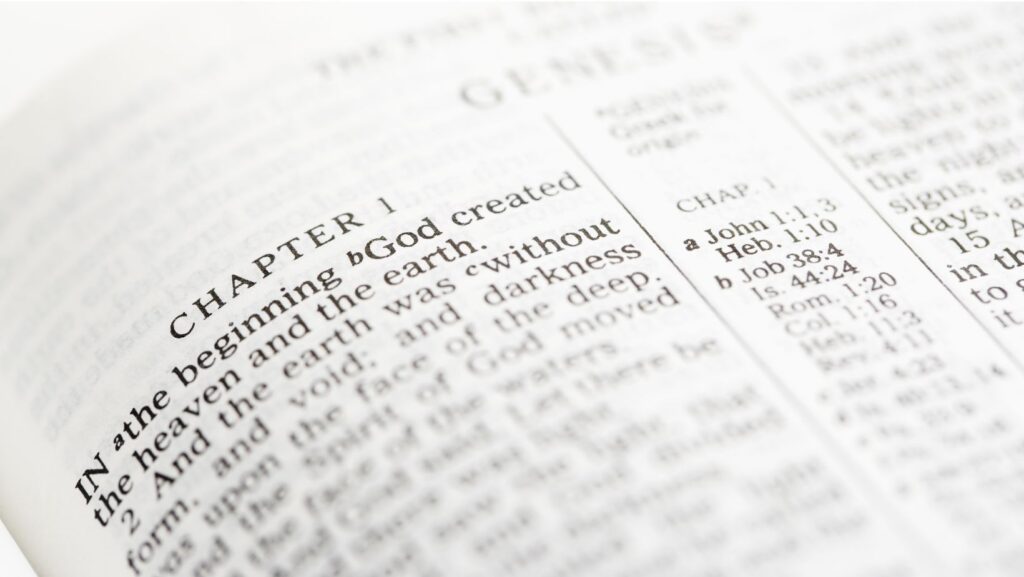
Why are you here? Yes, I know you’re here because your parents brought you, perhaps even because they made you come against your will. But that’s why you are physically here. My question is, why are you here, as in, what is the purpose of your being here? In ancient Greek, the word telos describes the end, […]
From Summer Adventures to Mathematical Exploration
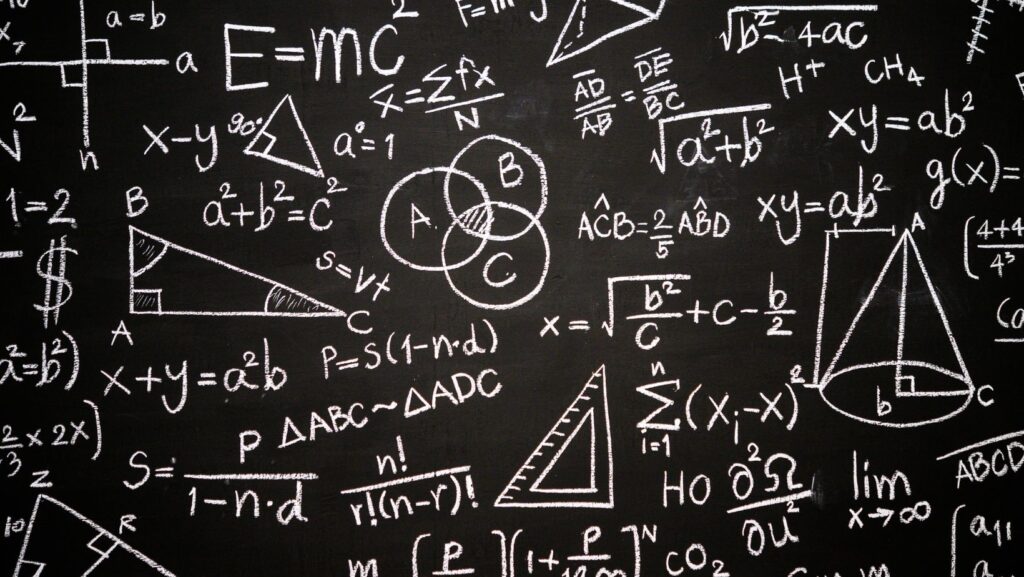
The new academic year approaches in August – the adventure that is summer and the rest that comes from long, slow days in the sun yield to days that start shaving off the sun set minute by minute in preparation for fall. Ah, but those summer adventures! As a child growing up in rural Northwest […]
The Dance of Classical Education: Finding Freedom in Ordered Learning

Classical education is a lot like a formal dance or a called dance. There is an orderliness and purpose to its processes and educational goals all while cultivating in the scholar the joy and delight that comes from learning a thing together – finding the beat and mastering the individual steps with each practice developing […]
Closing Remarks for a Momentous Year
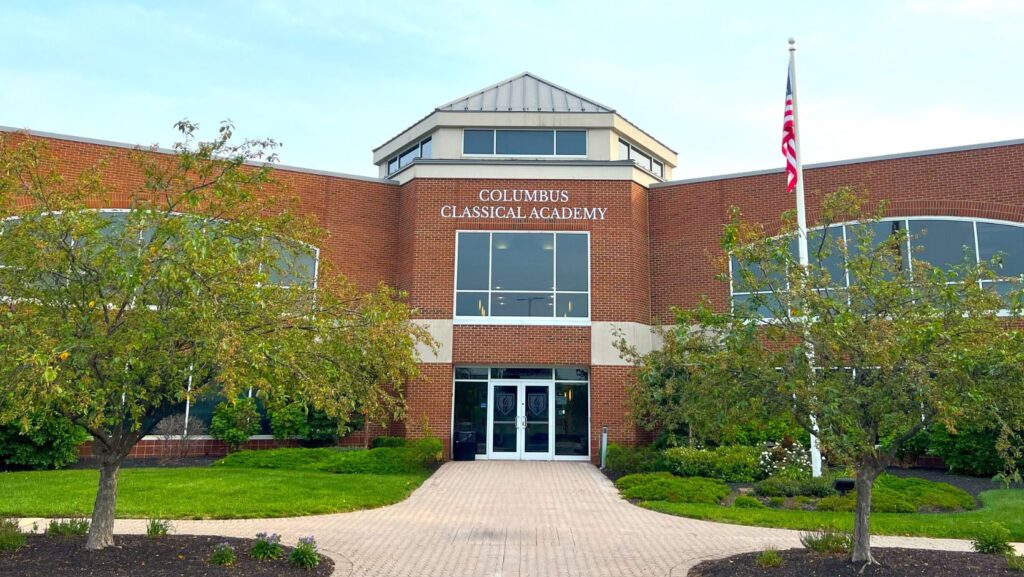
It is my pleasure to give the remarks for the closing of our inaugural year. This is a momentous occasion – worth the celebration and time reflecting on what we have done here together this year. As I look around the room, I am deeply grateful for you, parents. I remember meeting each of you […]
The Good Roots of a Good People

Classical education, done properly, is about love. It is about teaching our scholars to love the right things, in the right way, and in the right order. Indeed, as Augustine tells us, “it is a brief but true definition of virtue to say, it is the order of love….” And part of having virtue is […]
Laurels are not for Resting
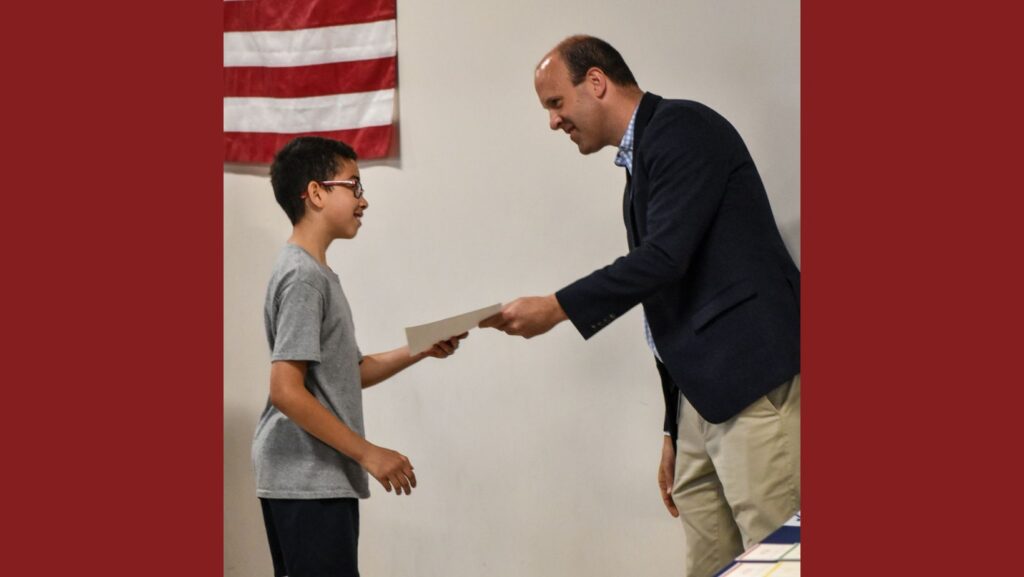
In a few short hours, our first year together will be over. You are to be congratulated. Consider just a bit of what you have achieved: You recited great poetry and speeches in front of the entire school, despite your fears and anxieties; you’ve conquered the mile run, the push-up, and the pull-up, as well […]
Love the Right Things First
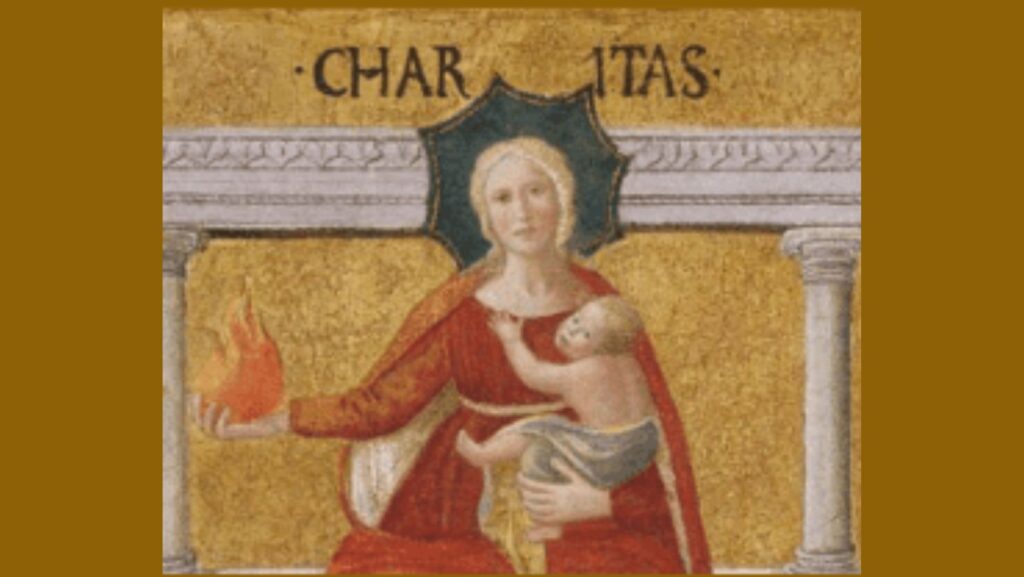
Our seventh and final virtue is charity, or love. Now, you might think it strange that we would consider the two as one and the same virtue—after all, we can love anything, while charity seems less about love than about helping others. But Saint Augustine was clear when he wrote: “What does love look like? It […]
Hope is the Knowledge of God’s Good Plans
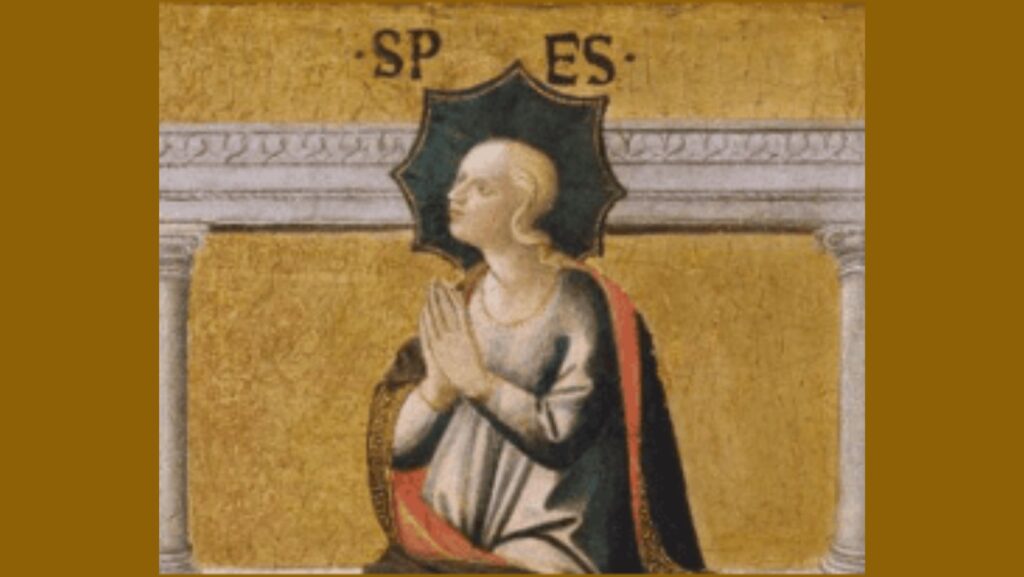
Mon 5/20/2024 8:20 AM Our sixth and penultimate virtue is hope. It is often misunderstood, and frequently confused with wishful thinking. Epicurus took a rather dim view of hope when he said, “[d]o not spoil what you have by desiring what you have not; remember that what you now have was once among the things […]
Faith and the Paradox of Christian Liberty

First of all, congratulations on a most excellent performance last night. I am so very proud of each and every one of you. This morning, our virtue is Faith. And last night’s program got me thinking, not just about Faith, but about Faith and the history of America. You may have noticed that from the Revolution to […]
The City Walls of Temperance
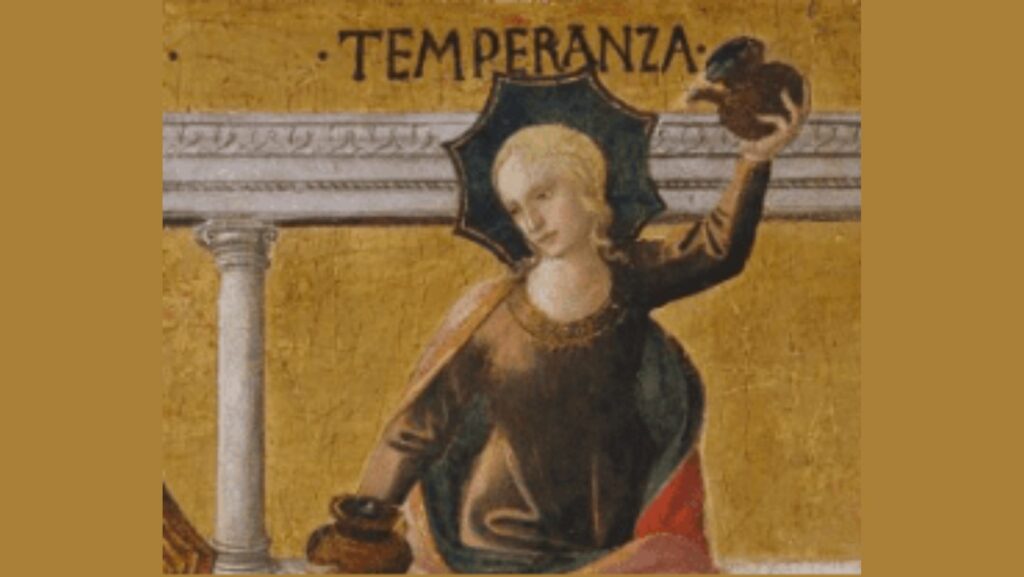
Our fourth virtue is temperance, which is often described as self-control. Aristotle called temperance the character of a person whose appetites are in harmony with his reason. Now, if you study American history, you’ll read about the temperance movement, which was concerned only with alcoholic beverages—like beer, wine, and liquor—because of how the excessive drinking […]

